
Ten applications of new breeding technologies for Switzerland
The summer of 2021 has shown how damaging prolonged rain can be for crops. With climate change, the likelihood of extreme weather events will increase. Farmers therefore need improved plant varieties that can withstand heat but also a lot of moisture.
Monday, February 14, 2022
New breeding methods such as genome editing offer the opportunity to breed more robust plants in a short time or to make popular existing varieties more resistant. The following ten application examples are also of interest for Switzerland. In all of these examples, no foreign genetic material was inserted into the newly bred plant.
1. Rain-resistant wheat
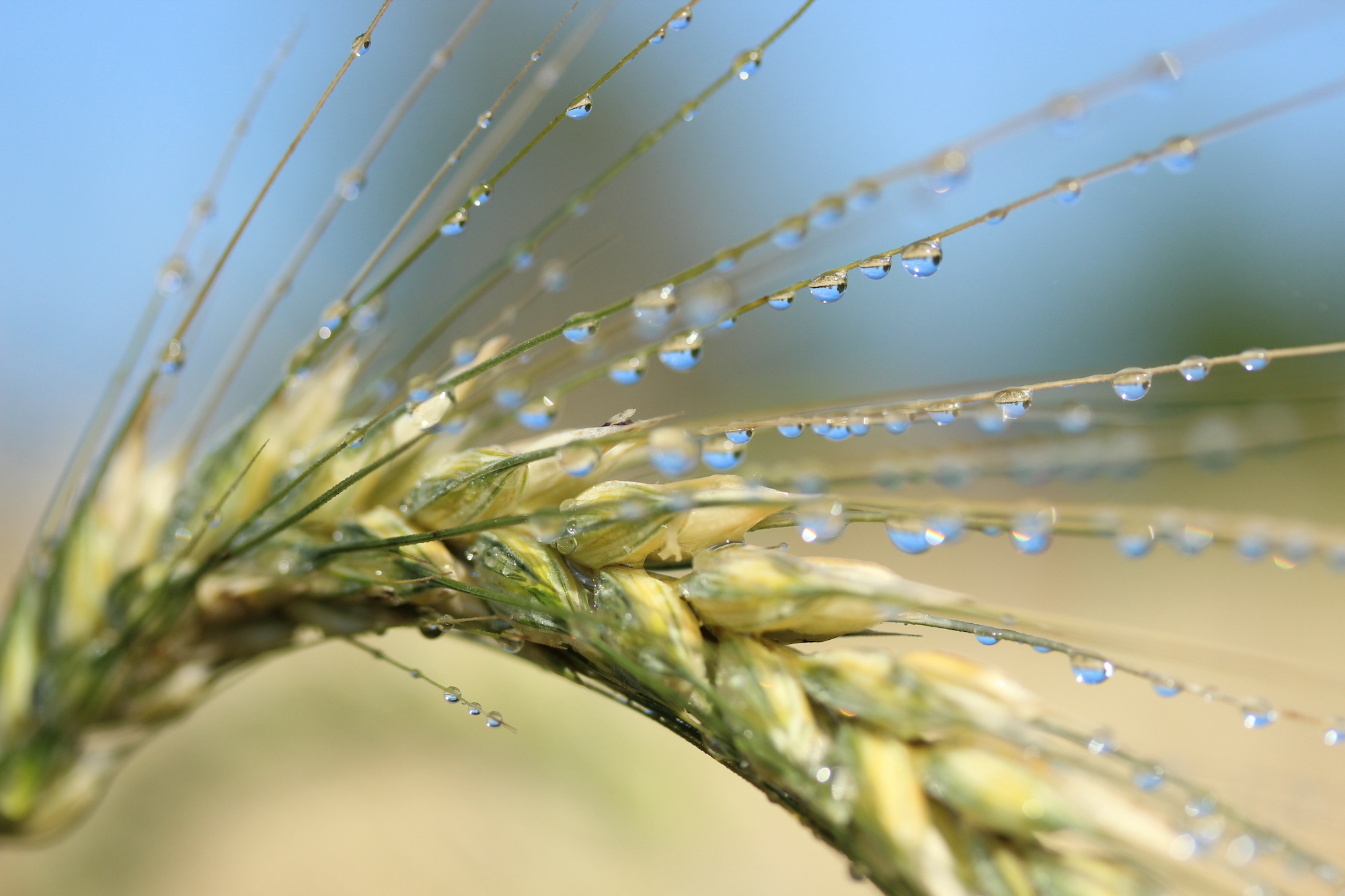
Persistent rain is a huge problem for wheat growing. There is a risk that the soggy grains will germinate prematurely. The so-called "outgrowth" reduces yields and reduces the quality of the wheat. Japanese researchers have succeeded in using genome editing to breed wheat in such a way that it germinates much more slowly. Even when it rains, the probability of premature germination is reduced. With the knowledge of the Japanese researchers, it could be possible in the future to breed new rain-resistant and sprouting wheat varieties within just one year. With conventional breeding methods, this takes an average of ten years.
2. Mildew Resistant Wheat
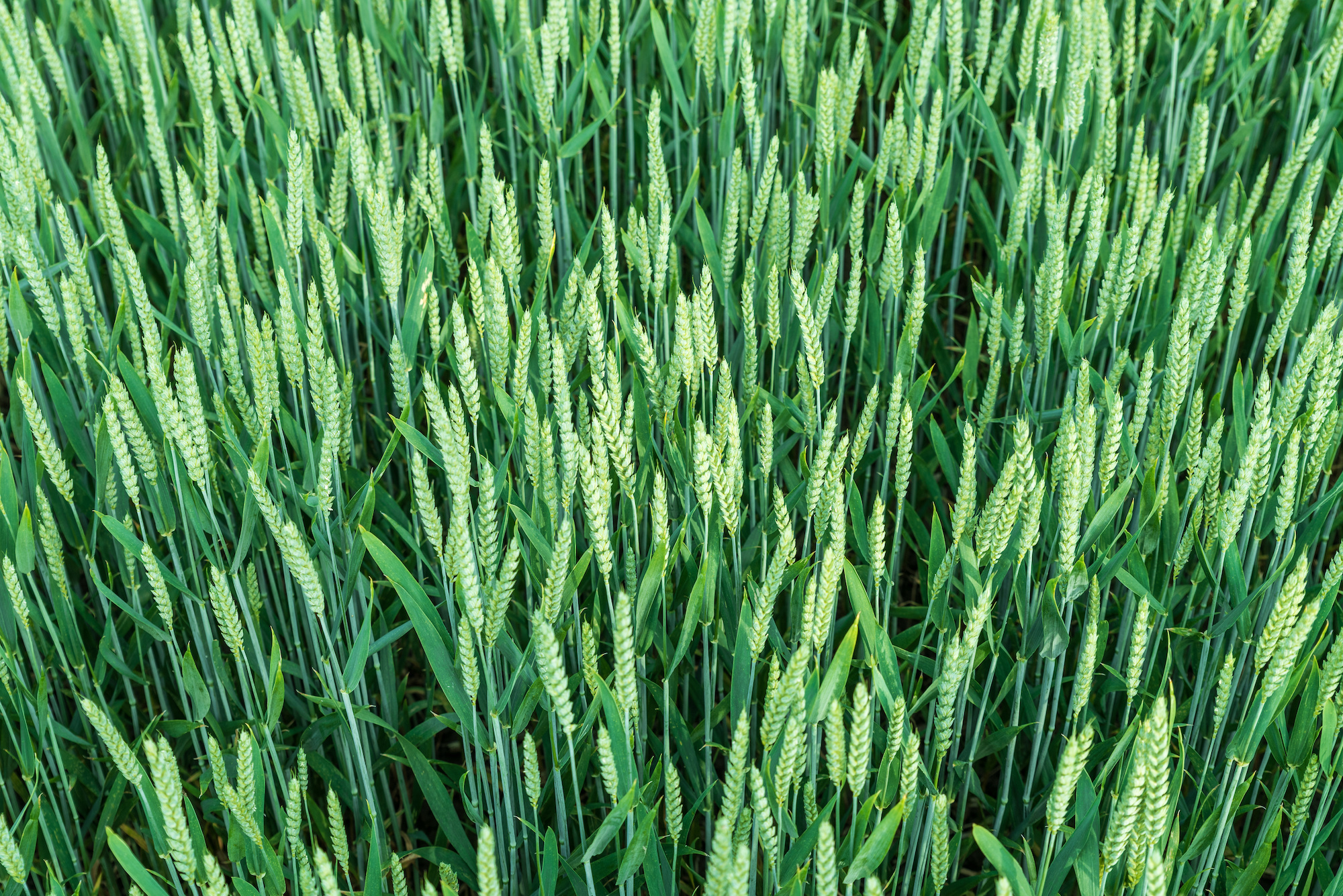
Powdery mildew is a fungal disease that can cause major crop failures in fruit, vegetables and grain. Wheat is also particularly susceptible. Because its genetics are very complex, it has so far hardly been possible to breed resistant varieties with classic cross-breeding. A few years ago, Chinese scientists succeeded in using the TALEN gene scissors (similar to CRISPR/Cas9) to switch off all the genes in a wheat variety that allow the fungus to penetrate the plant. Thereafter, the wheat was resistant to infestation by the fungus. Today, the researchers are able to breed a mildew-resistant wheat variety within 2-3 months, which also has the right yields. In the USA, this genome-edited wheat variety is already being cultivated and tested outdoors. They do not fall under the genetic engineering regulations there.
3. Wheat with improved drought tolerance

Due to climate change, the probability of dry periods is also increasing in Switzerland. The breeding of plants that can get by with little water for a long time is therefore the focus of many scientists. Using CRISPR/Cas9 genetic scissors, researchers from the Corteva company have bred a maize variety that yields around 4 percent more than the unmodified control variety under drought stress. Under normal irrigation, on the other hand, there were no differences in yields.
4. Late blight-resistant potatoes
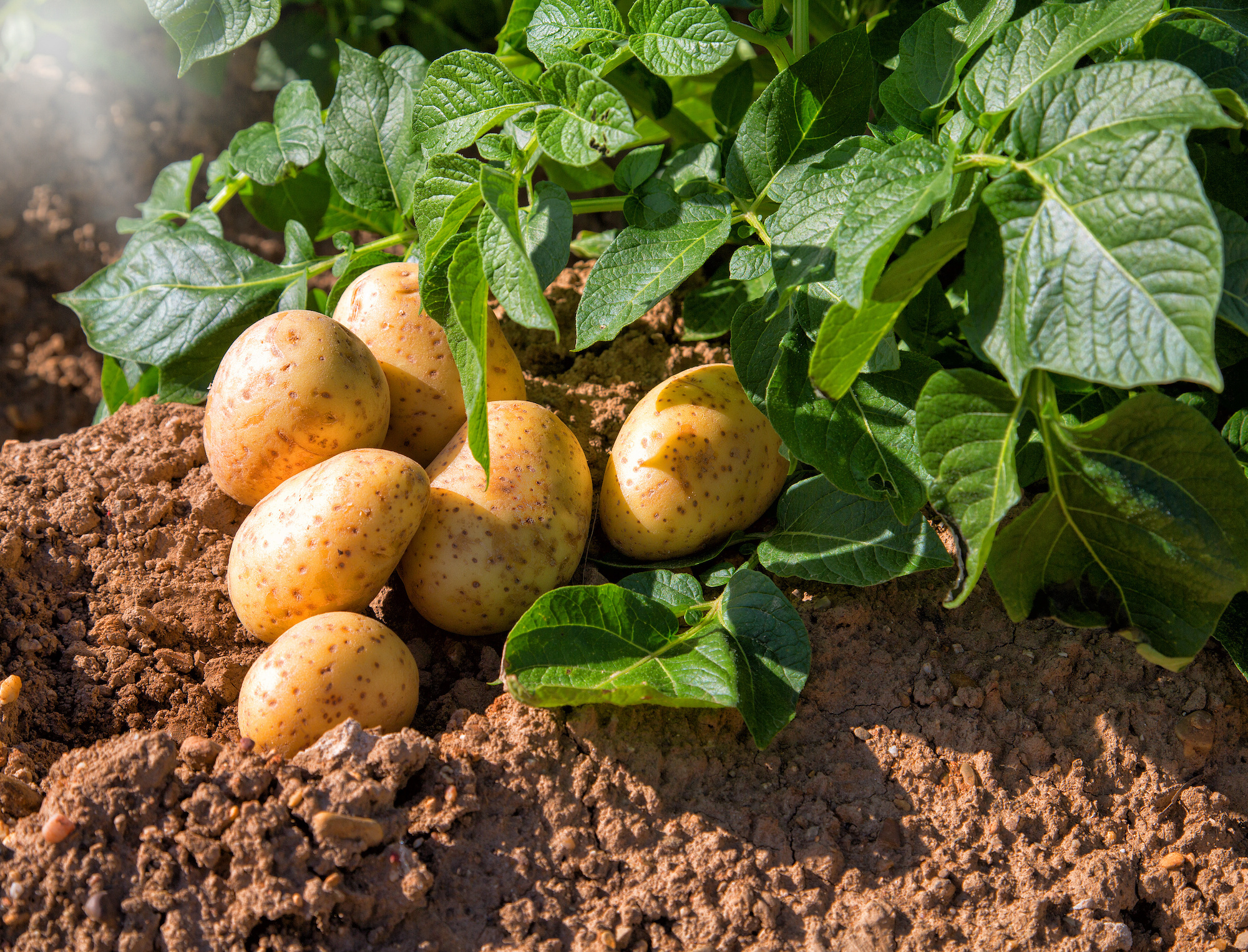
Genome editing offers a new way of equipping potatoes with resistance to late blight. A Swedish-Danish research team was able to identify genes that make potatoes susceptible to fungal infestation (so-called "susceptibility genes" or S genes). Using CRISPR/Cas9 gene scissors, the researchers cut the potatoes' DNA in two places to remove a section in between. The resulting varieties showed significantly greater resistance to the fungal pathogen than the original varieties. In addition, other properties do not appear to have changed. The varieties now have to be tested in field trials.
5. Apples with improved fire blight resistance

Fire blight, a plant disease caused by bacteria, has repeatedly caused major damage to Swiss orchards since the 1990s. She used to be on antibiotics, which is no longer permitted in Switzerland to prevent the development of resistance since 2016. In 2007, 250,000 trees had to be cleared due to severe infestation. The property damage was 30 million Swiss francs. To date, attempts to eradicate the disease have not been successful. The CRISPR/Cas9 gene scissors offer the opportunity to preserve established and popular apple varieties such as "Gala" or "Golden Delicious" and at the same time to equip them with resistance to fire blight. Italian researchers recently succeeded in doing this. Using classic cross-breeding, the same process would take decades and the characteristics of the varieties would change quite a bit.
6. Tomatoes with resistance to bacterial diseases
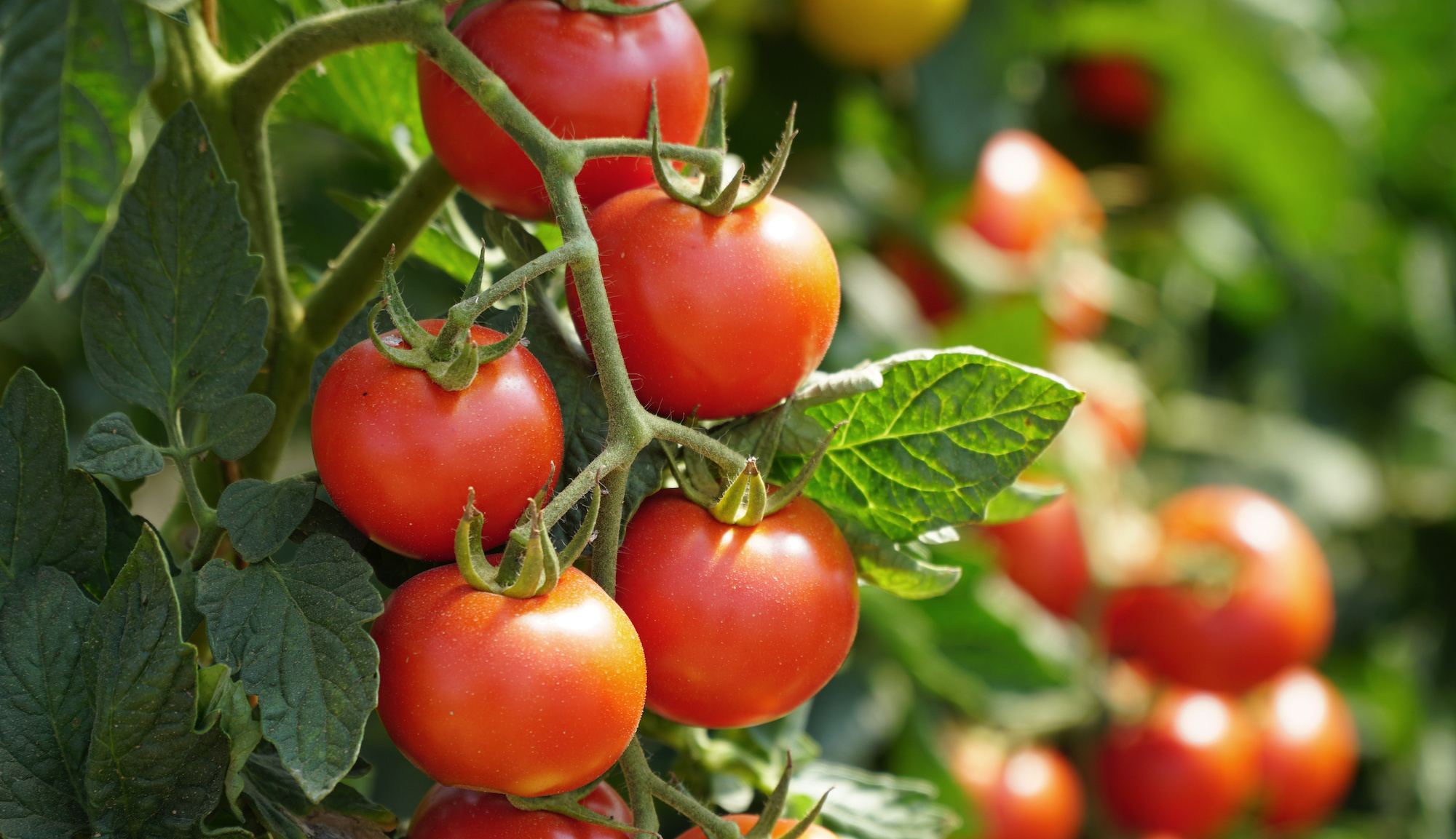
The dreaded spotting (bacterial spot disease) in tomato cultivation is caused by the bacterium Pseudomonas syringae. It causes tomato plants to bear less or no fruit at all. In other cases, the tomatoes are covered with unsightly black spots and are no longer suitable for commercial trade. Researchers from Spain and France were able to use the CRISPR/Cas9 gene scissors to strengthen the tomatoes' own defense mechanisms against infection with Pseudomonas syringae. Initially, the bacteria were still able to circumvent the tomato's defense mechanism. However, the researchers managed to adapt the mechanism in such a way that the tomatoes were able to prevent the bacteria from penetrating the interior of the plants. Other characteristics of the tomatoes remained unchanged.
7. Mildew Resistant Tomatoes
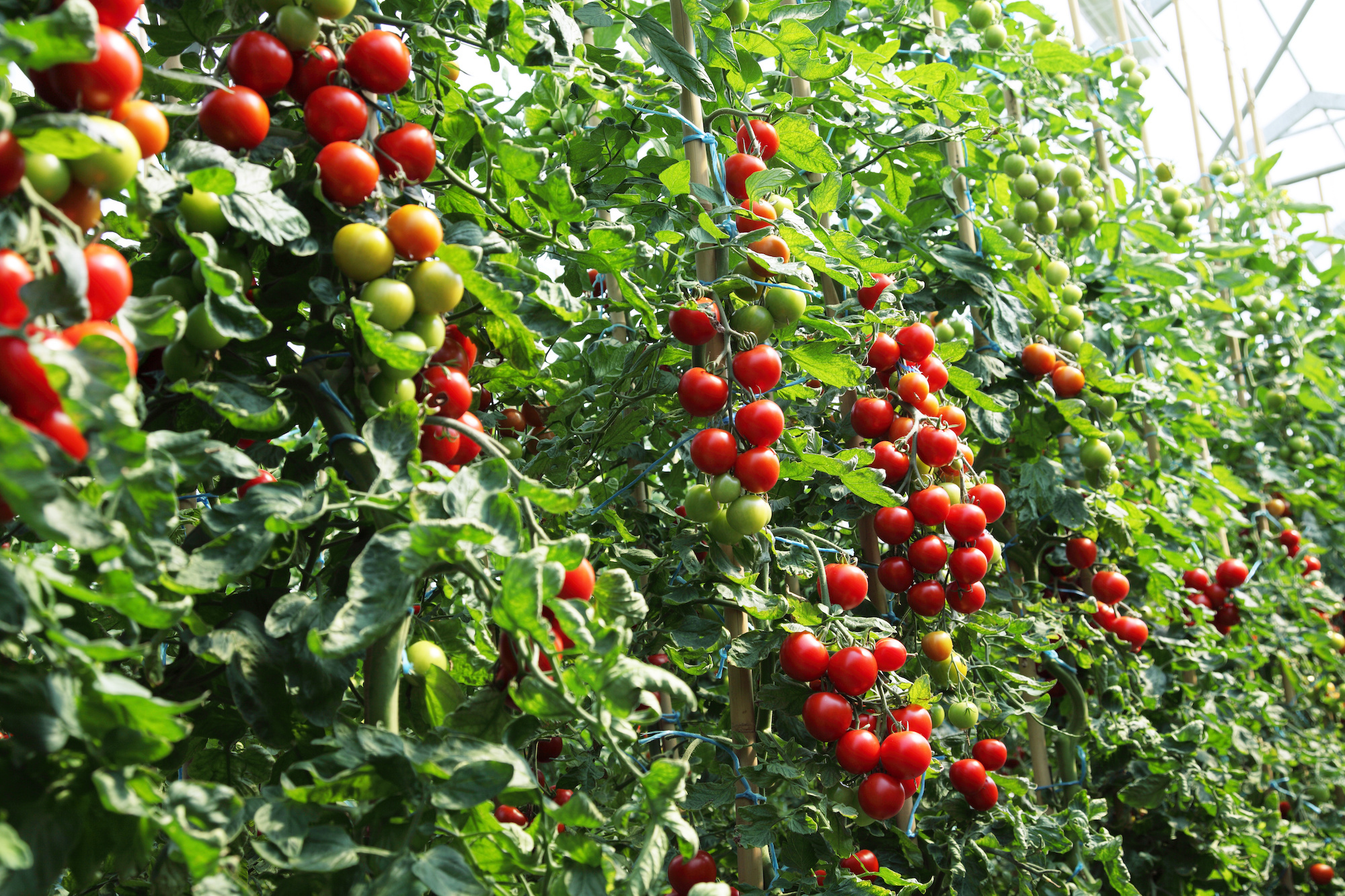
With the help of genome editing, an international research team has succeeded in breeding a mildew-resistant tomato variety. By using the CRISPR/Cas9 gene scissors, it was possible to inactivate precisely the gene that makes the tomatoes particularly susceptible to powdery mildew. No foreign genes were inserted. The change in the genome cannot be distinguished from a naturally occurring mutation. In contrast to classic cross-breeding, where the same process takes five to seven years, the researchers were able to breed a new powdery mildew-resistant variant of the popular Moneymaker tomato variety in just nine and a half months.
8. Virus-resistant cucumbers
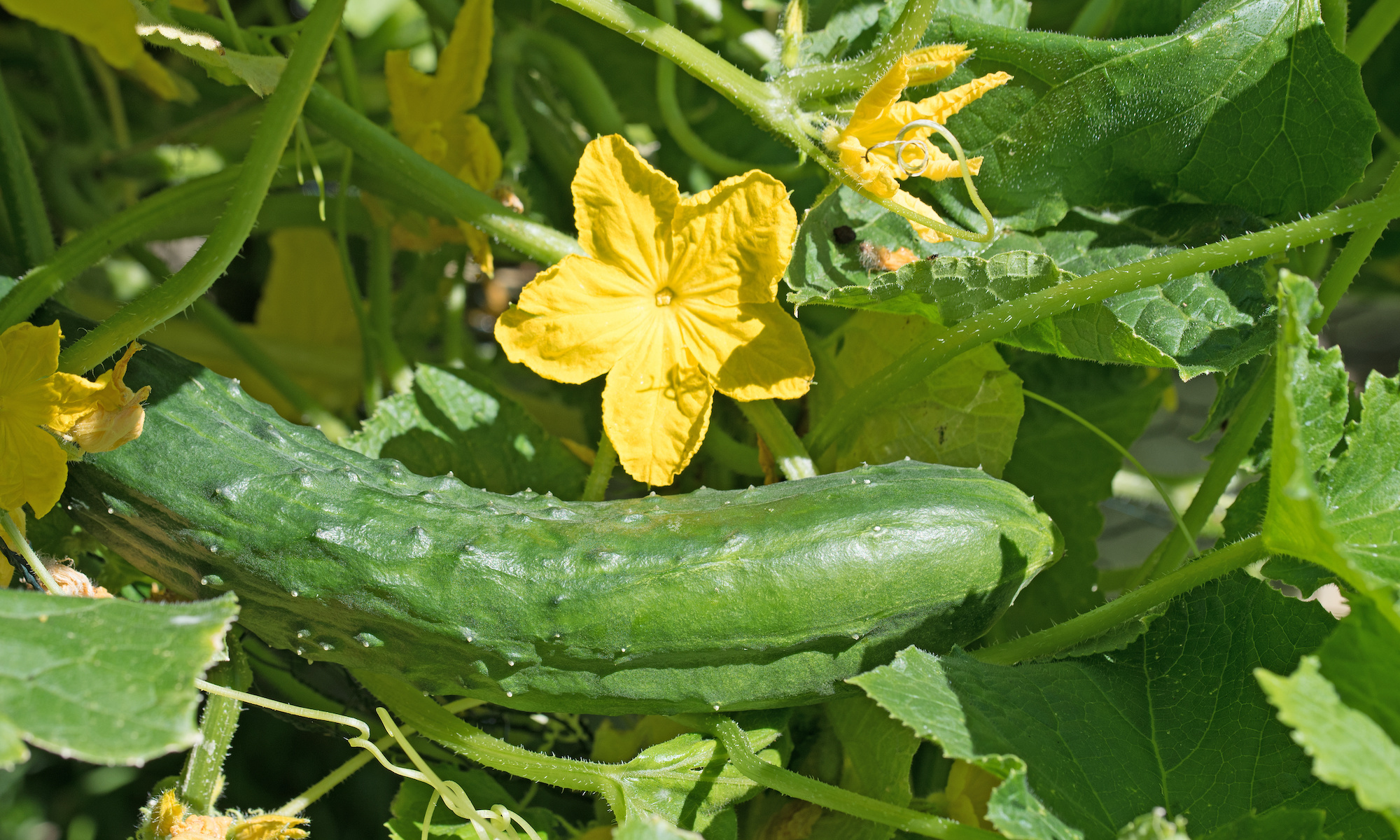
Various viruses can infect cucumbers. Using CRISPR/Cas9 gene scissors, Israeli researchers have found a way to give cucumbers immunity to various types of viruses. To do this, the scientists bred a cucumber in which they switched off the cucumber gene elF4E by making a targeted cut in the genome. The cucumber itself does not depend on this gene. However, many bacteria use it as a gateway and for reproduction in the plant. The cucumbers cultivated in this way showed proved in tests to be resistant to the «cucumber vein yellowing virus», which leads to yellow veins and causes major damage.
9. Firmer canola pods
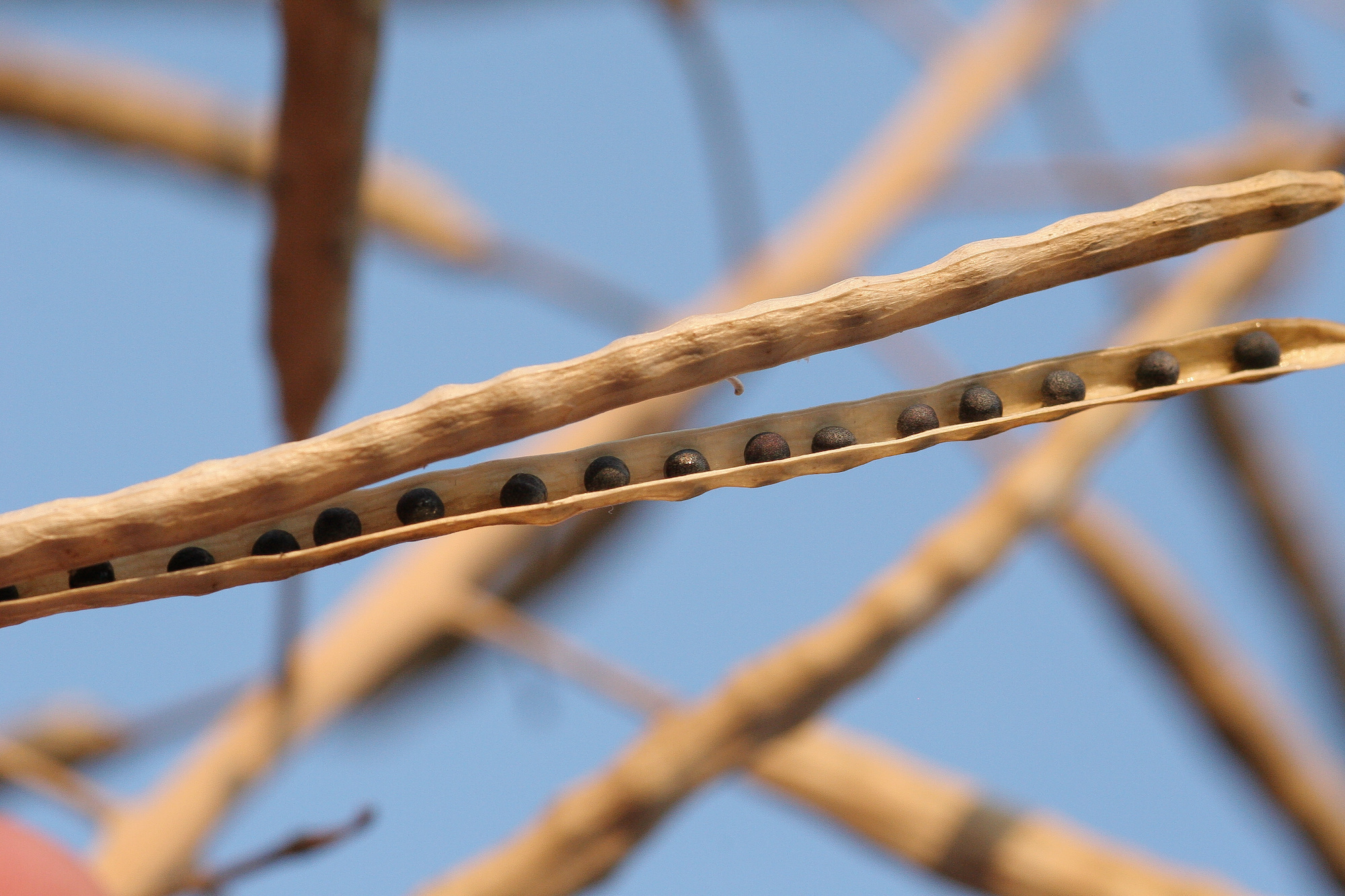
Ripe rapeseed pods often burst before or during harvest. The seeds fall on the field, much to the chagrin of the farmers, who lose a good part of their crops year after year. A few years ago, German scientists used CRISPR technology to switch off genes that control the so-called bursting strength of rapeseed pods. As a result, the pods open later, so that the seeds do not fall out during harvest. The targeted intervention in the genome of the plant thus has the potential to massively increase field yields from oilseed rape in the future. Less land use and smaller import quotas make breeding attractive.
10. Compact tomato plants for urban agriculture
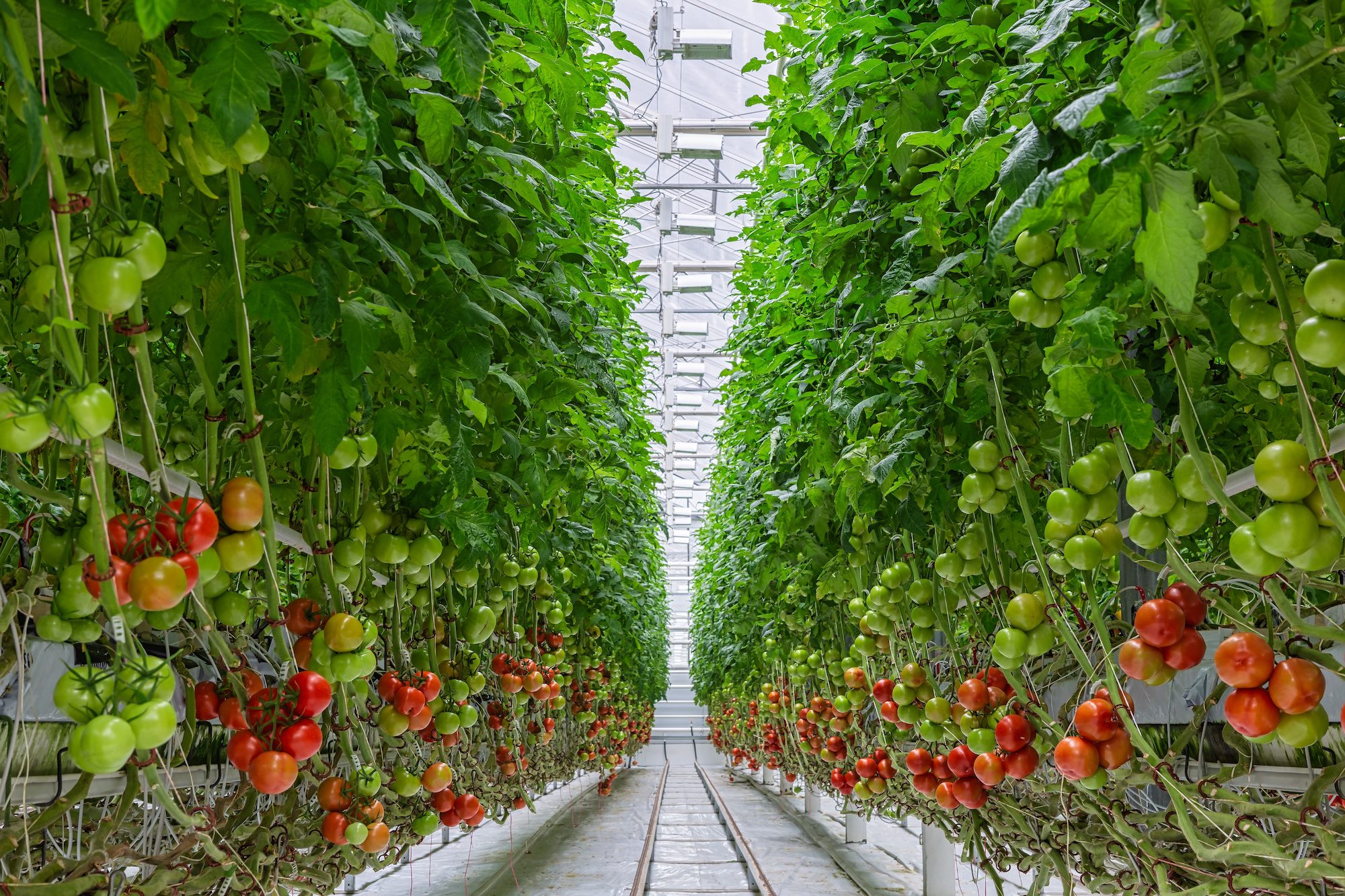
For reasons of environmental and climate protection, agricultural use of land must not continue to grow. Urban areas are also expected to take on a larger share of food production in the future. This requires plants that are as space-saving as possible and enable quick harvests. Researchers from the Cold Spring Harbor Laboratory (USA) have used genome editing to adapt the popular "Sweet 100" cherry tomato variety to limited space. The plant grows more compact and delivers the first ripe fruits already 40 days after planting. In order to promote urban agriculture, adapted plants are essential.
Academy of Natural Sciences in favor of genome editing
The Swiss Academy of Sciences (SCNAT) also presents application examples of genome-edited crops from breeding research that could be of interest to Switzerland. The scientific community agrees: genome editing is an opportunity for Switzerland. Here you can find a detailed brochure for download (in German).
Related articles

What’s Really in Your Shopping Basket
Genetic engineering in our shopping basket? Yes – and much more often than we think. Whether it’s pasta, bread or vegetables: many of the everyday products we consume come from mutation breeding, which involves altering the genome and is considered safe. It’s high time to debunk the common myths.

Genomic breeding methods are not given a chance to prove themselves
Modern genomic breeding methods are legally classified as genetic engineering – and are therefore still effectively blocked. Yet we have been eating genetically modified plants for decades, just under the label of “classical mutagenesis.” The new, more precise techniques are regulated more strictly than the old ones, even though they are considered safer from a scientific perspective. A contradiction that urgently needs to be corrected. The EU is setting a good example.
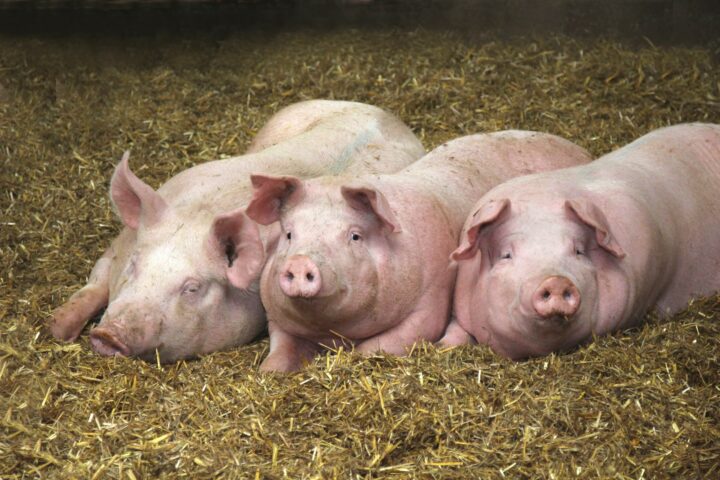
No Pig Business: Why Testicle-Free Boars Are a Clear Win for Animal Welfare
New breeding methods are opening up new possibilities in both plant and animal breeding. They allow targeted genetic changes that can make animals more resilient, adaptable, and healthier.
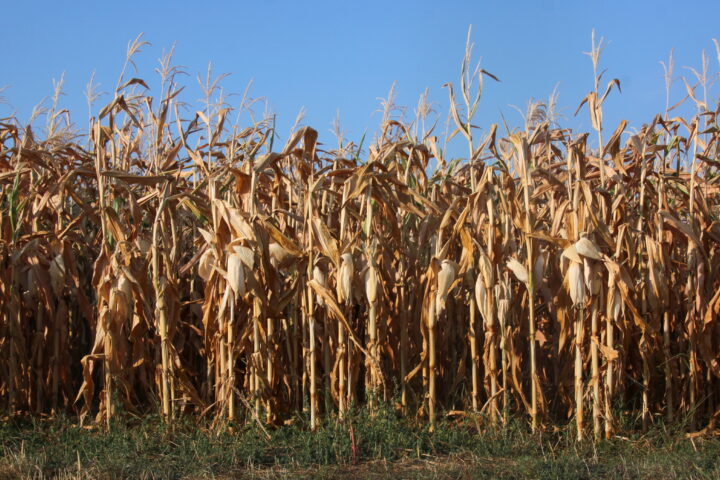
Stagnation instead of progress: Switzerland risks falling behind in new breeding techniques
An overview article in Schweizer Bauer shows how much the new breeding methods are preoccupying farming circles. Once the consultation process on the federal law has been completed, a bill is expected – then it will become clear whether there is actually the political will to approve it.

